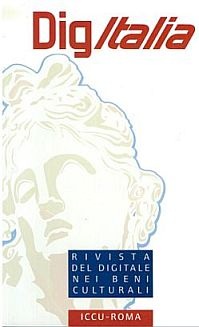Non solo ebook: la biblioteca digitale per l’e-learning
DOI:
https://doi.org/10.36181/digitalia-00012Keywords:
E-learning, Biblioteca digitale, Costruttivismo, Media Information Literacy, Personas, Scenario, digital libraryAbstract
The digital library and e-learning systems are both socio-technological systems whose vision originated in cognitive science. Despite this, there is currently a gap between the digital library and e-learning community. The theoretical approaches and best practices of the convergence between digital libraries and e-learning are described through a systematic analysis of literature and documentation. A better understanding of training needs is needed - not as they areperceived by the digital library community but as they are experienced in the field by the learning communities, this will help bridge the gap between the two communities of digital libraries and e-learning. Furthermore, offering open educational resources will be a useful strategic step to strengthen the involvement of digital libraries in learning. By bringing new applications to teaching, digital libraries could act as innovators in the field of learning.
Downloads
Downloads
Published
How to Cite
Issue
Section
License
Copyright (c) 2020 DigItalia

This work is licensed under a Creative Commons Attribution-ShareAlike 3.0 Unported License.
The Authors publishing their contributions on this journal agree to the following conditions:
- The Authors detain intellectual property rights of their work and transfer the right of first publication of the work to the journal, under the following Licence: Attribution-ShareAlike 3.0 Italy (CC BY-SA 3.0 IT). This Licence allows third parties to share the work by attributing it to the Authors and clarifying that the work has been first published on this journal.
- Authors can sign other, non-exclusive licence agreements for the dissemination of the published word (e.g. to deposit it in an institutional archive or publish it in a monography), provided that they state that the work has been first published on this journal.
- Authors can disseminate their work online (e.g. in institutional repositories or on their personal websites) after its publication, to potentially enhance knowledge sharing, foster productive intellectual exchange and increase citations (see The Effect of Open Access).






